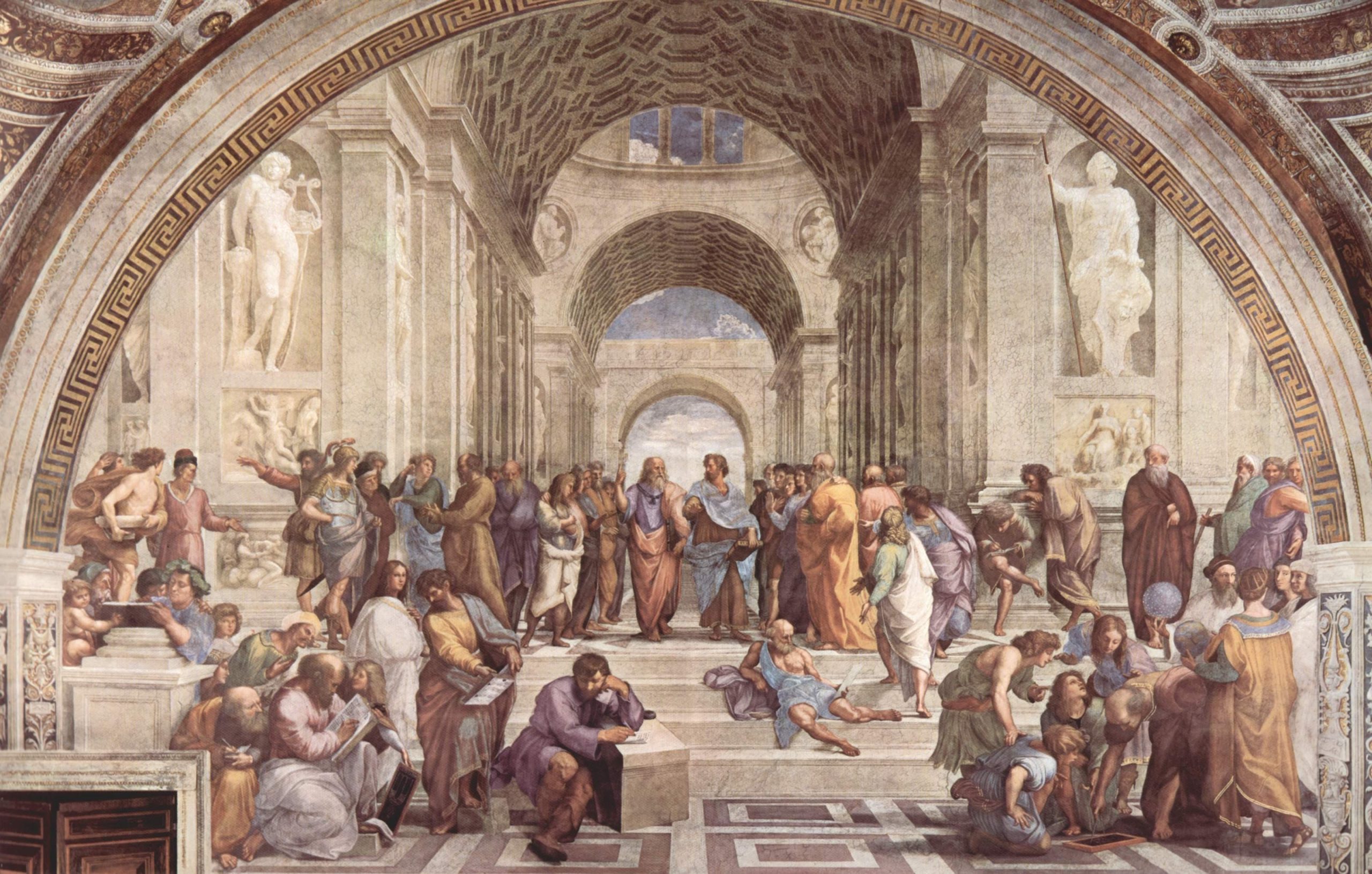In Year 10 standard maths students are expected to master basic trigonometry and understand Pythagoras' theorem. Today we'll dive into the practical side of Pythagorean calculations, exploring example questions and…

There are several options for year 11 & 12 maths in NSW. As maths is an important subject that provides you with skills necessary for your adult life, it is a good idea to include maths as one of your subjects in the HSC. However, each option provides you with different strengths and has different challenges. Let’s take a look and help you decide which one is right for you, or your child.
What are my options for Year 11 & 12 Maths?
In NSW year 11 & 12 you can choose to study the following 6 maths courses:
- Mathematics Life Skills
- Standard Mathematics 1
- Standard Mathematics 2
- Mathematics Advanced
- Mathematics Extension 1 (a.k.a 3 unit maths)
- Mathematics Extension 2 (a.k.a 4 unit maths)
It is common for people to refer to “standard” or “advanced” maths by which they typically mean standard mathematics 2 or advanced maths, with a potential for an extension as well. This is because in order to do an extension maths 1 or 2 you must also be doing advanced maths, while Standard Mathematics 2 is the subject that requires you to sit an exam for your ATAR while standard 1 has an optional exam, and there is no exam for mathematics life skills.
Let’s take a closer look.
Mathematics Life Skills
This subject helps you develop your problem solving and operations maths skills. It is focused on practical, real-life situations.
Students study areas such as earning and spending and how to apply maths knowledge to a range of financial decisions, such as calculating interest repayments on a loan. The life skills course will allow you to access to further education, training and employment and helps them better navigate modern society.
What you will learn in Mathematics Life Skills:
- Number and modelling (Algebra)
- Measurement
- Financial mathematics
- Statistics and probability
- Plans, maps and networks.
Who should Study Mathematics Life Skills?
If you found year 9 & 10 maths challenging and would like to solidify your understanding of maths this would be a great maths course for you.
Typically students who intend to enter the work force after year 12 or begin an apprenticeship can benefit from this course. It may also be of interest if you are planning on studying a course which has no maths prerequisite.
This subject is not suitable for students looking to study university level commerce, economics, sciences, engineering or computer sciences or similar, as these require a more complex understanding of conceptual maths. They generally have advanced maths as a prerequisite or assumed knowledge.
This is an excellent course for setting you up for success in your everyday interactions with maths.
Standard Mathematics 1 & 2
Like Maths Life Skills, standard maths provides students with the opportunity to build upon concepts from Year 9 and 10. However, in this course students are pushed with more complex questions and understand more abstract concepts.
Standard Mathematics 1 has an optional HSC exam, while for Standard 2 you must sit the HSC exam. Standard 1 can be ATAR or on ATAR, while standard 2 is always ATAR.
What you will learn in Standard Mathematics
- Algebra
- Measurement
- Financial mathematics
- Statistical analysis
- Networks (Year 12 only)
While this is similar to Maths Life Skills, in practice the level of understanding of these topics is deeper in Standard Maths.
Who should Study Standard Mathematics?
If you found year 9 & 10 maths challenging but manageable and would like to build upon you understanding of maths this would be a great maths course for you.
This course provides a solid mathematical understanding which will serve you well in your adult life. Wether you intend to go on to further study or enter the work force after the HSC, standard maths will give you a good understanding if the concepts you will need to navigate the modern world.
Some university degrees such as business, law, commerce, economics, sciences, engineering or computer sciences have a prerequisite for advanced maths, or assumed knowledge of advanced maths. If you are considering studying at university and have an idea about what you may choose to study, then taking a look at course entry requirements is a good idea.
Mathematics Advanced
Advanced maths extended beyond Standard maths by introducing concepts such as calculus and logarithmic functions. These subjects give students the opportunity to understand more abstract maths ideas and have tools for understanding data analysis, certainty or pattern identification.
What you will learn in Advanced Mathematics
- Calculus
- Functions
- Statistical analysis
- Trigonometric functions
- Exponential and logarithmic functions (Year 11 only)
- Financial mathematics (Year 12 only)
You can see that this is quite different to standard maths and includes much more conceptual topics.
Who should Study Advanced Mathematics?
If you found year 9 & 10 maths manageable or are seeking a challenge this is a great place to start. If you intend on doing extension 1 or 2 then you also need to do advanced maths.
If you are also studying a science subject in your HSC you may find advanced maths helpful as there is some minor overlap with the content.
The advanced maths course will set you up to understand concepts relevant for further study. If you are looking to study economics, sciences, engineering or computer sciences or similar then advanced maths may be a prerequisite or assumed knowledge.
Mathematics Extension 1 (3 unit maths)
If you are studying advanced maths you have the option to push yourself further with extension maths.
Some people refer to Mathematics Extension 1 as “3 unit maths” as it has an ATAR value of 1 unit, and as you are required to also do Advanced maths which has 2 units, together you are doing 3 units of maths subjects.
What you will learn in Mathematics Extension 1
- Calculus
- Combinatorics
- Functions
- Trigonometric functions
Extension 1 introduces more complex examples than in the advanced course alone.
Who should Study Mathematics Extension 1?
If you found year 9 & 10 maths manageable or easy and are looking to extend yourself, then extension 1 may provide a nice challenge for you.
If you intend further study in an area which relies on maths then you will be well served to extend your knowledge in your HSC. It is unlikely to be a prerequisite in and of itself (generally they are ‘advanced or above’) but it can make life easier at university.
Mathematics Extension 2 (4 unit maths)
This is the highest-level HSC maths course and is designed for students who have a special interest in mathematics and an aptitude in the subject. You can only take extension 2 if you are taking advanced maths and extension 1.
People refer to Mathematics Extension 2 as “4 unit maths” as it has an ATAR value of 1 unit, and as you are required to also do advanced maths which has 2 units, and extension1 (1 unit). Together you are doing 4 units of maths subjects.
What you will learn in Mathematics Extension 2
- Calculus
- Complex numbers
- Mechanics
- Proof
- Vectors
Who should Study Mathematics Extension 2?
If you found year 9 & 10 maths easy and are looking to extend yourself, then extension 2 may provide a nice challenge for you.
If you intend further study in an area which relies on maths then extended your mathematics knowledge now will make life easier in the future.

So which one is right for me?
To help you decide which maths course is right for you, you may want to ask the following questions:
- look back at how you found year 9 & 10, was it easy or hard? How did you do?
- what do you want to study in the future, and does it have a prerequisite for maths?
- what advice has your maths teacher given you? Asking them can give you some ideas
Remember you can always try one course and change early on if it isn’t right for you.
Finding Maths Challenging?
Regardless of which maths course you choose to do in your HSC, you may find it helpful to have a tutor to help you better understand concept you find difficult. Master Coaching Hurstville offers maths tutoring for all maths courses, either one on one or in a small group setting.



